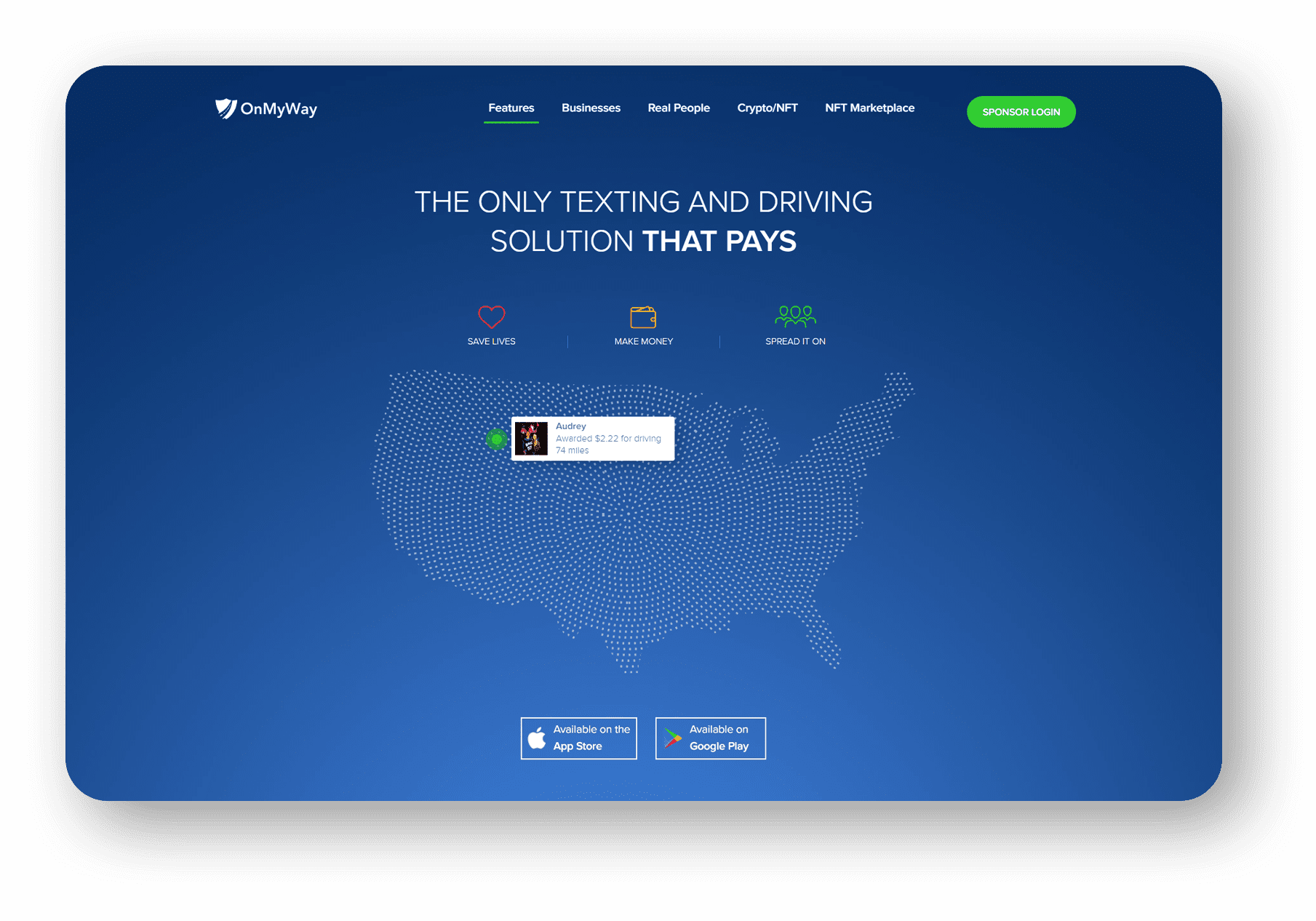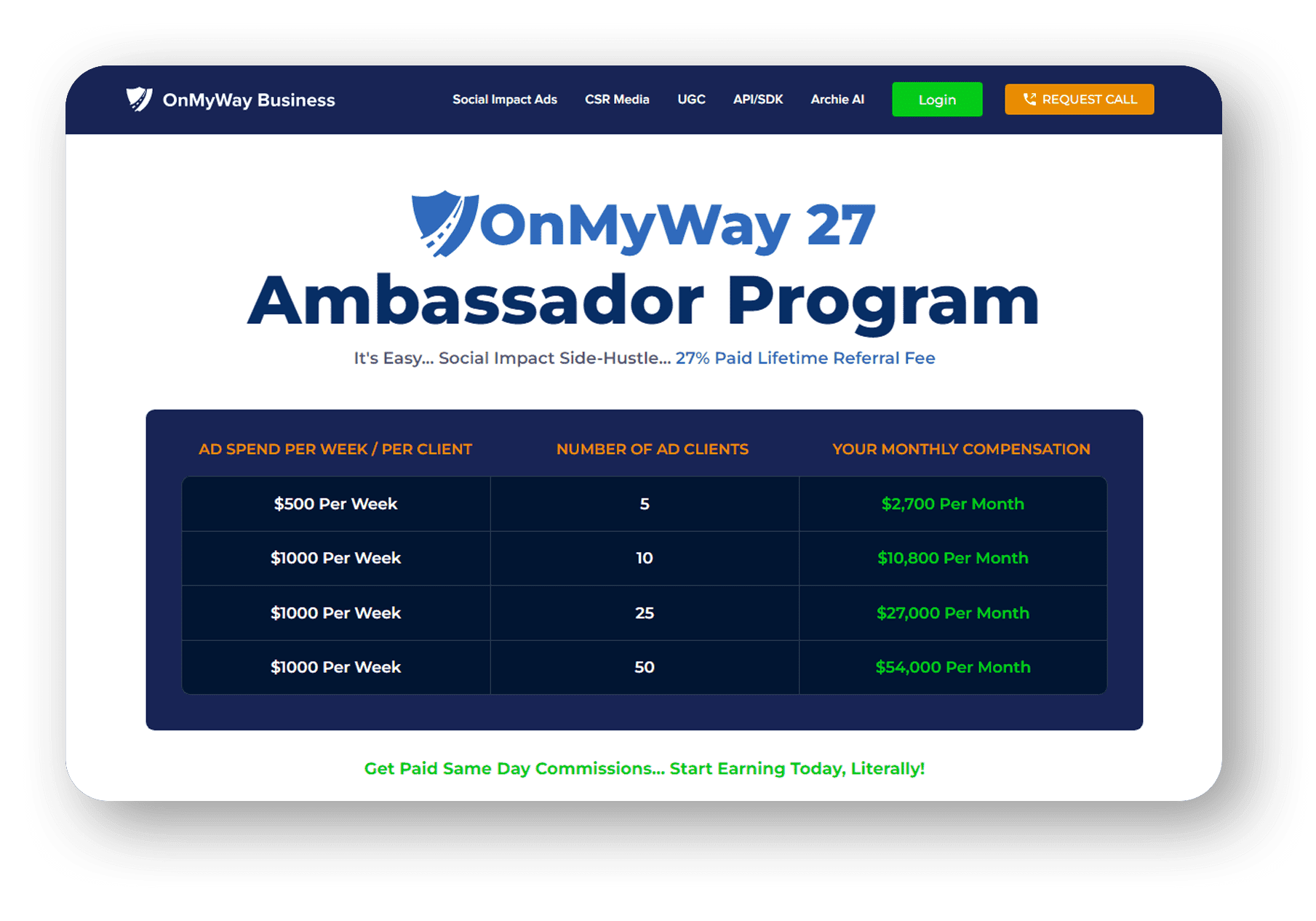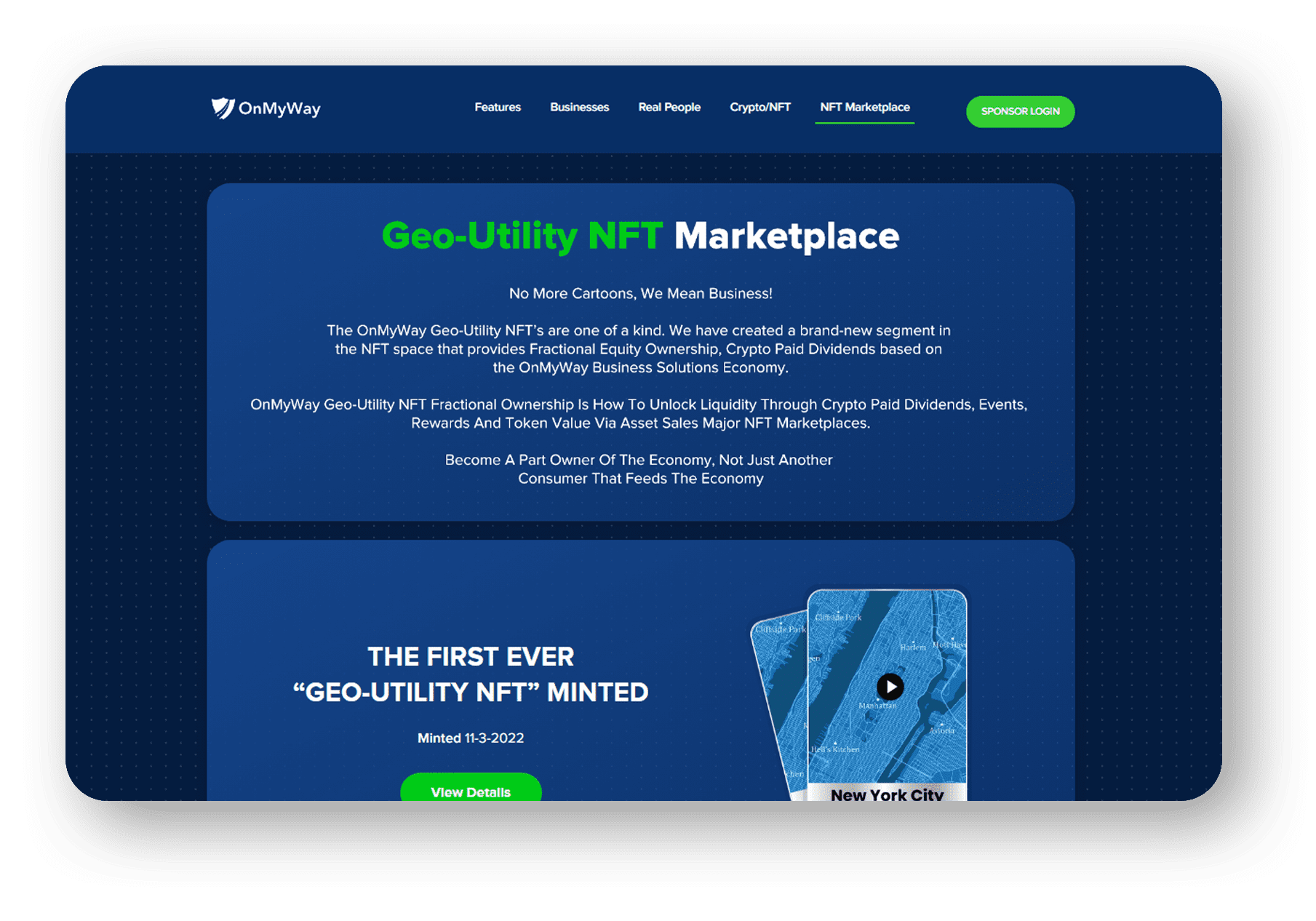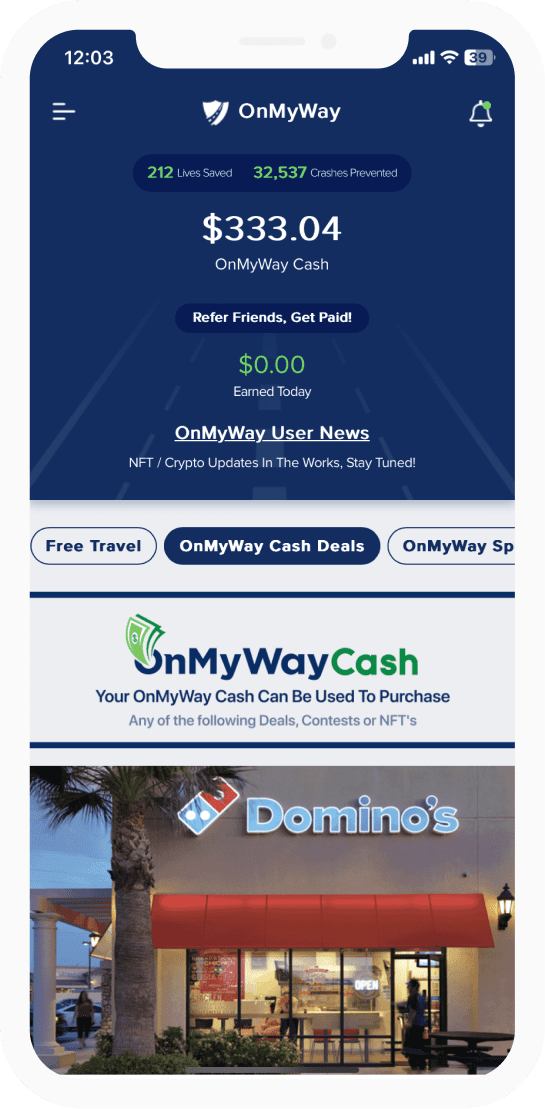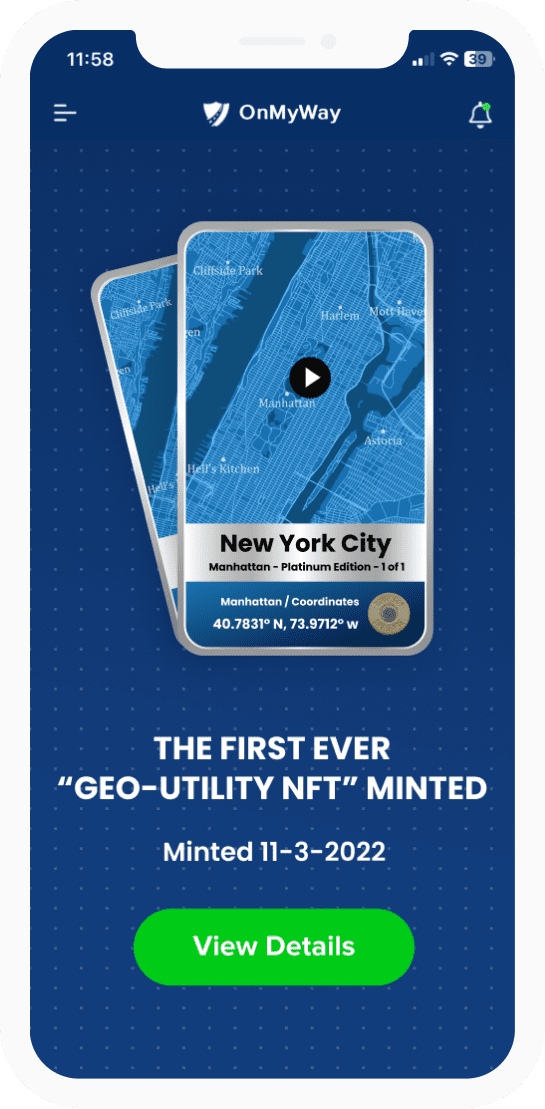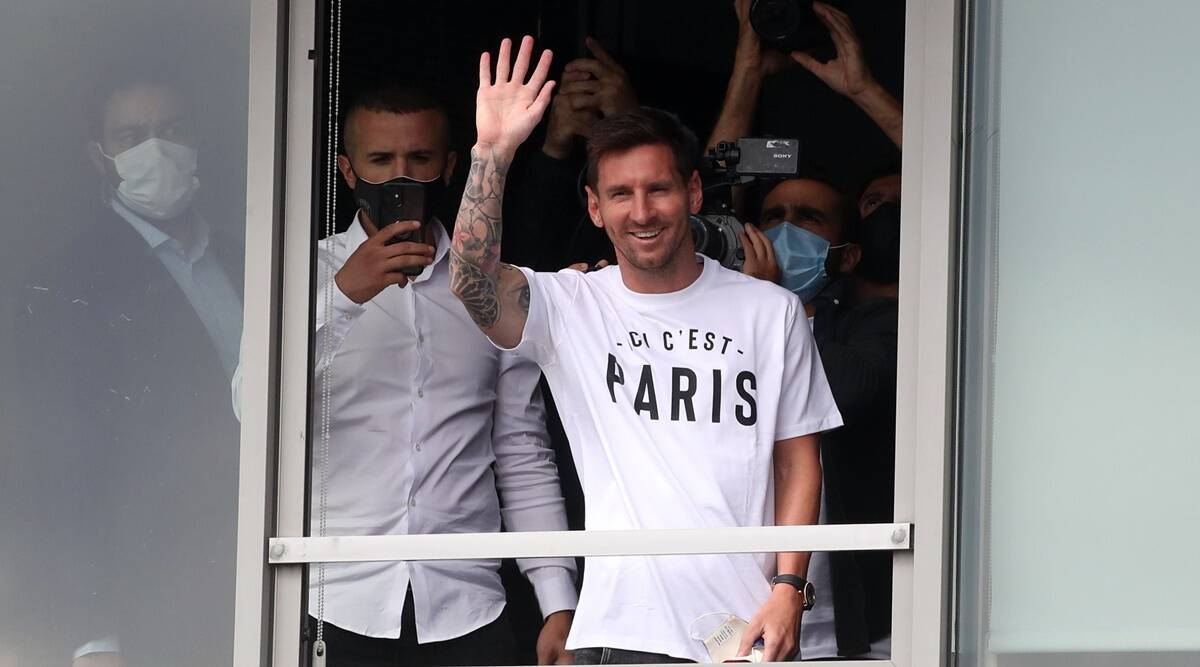
Paris St.-Germain, the French soccer powerhouse bankrolled by the state of Qatar, has signed Lionel Messi, the Argentine star who is one of the best players of his or any generation.
The agreement, for two seasons plus an option year, comes days after Messi bid a tearful farewell to F.C. Barcelona, the club where he had spent his entire professional career. It concluded a brief and exclusive bidding war for Messi and added unmatched star power to the roster of P.S.G., a superteam that has become a fixture in the late stages of Europe’s Champions League, the world’s richest soccer competition.
At the same time, Messi’s move reaffirmed the severity of the financial crisis at his former club, Barcelona, and highlighted how Gulf riches have so altered modern soccer’s economics that even some of the world’s biggest, richest and best-supported clubs are now no match for state-sponsored teams in the arms race to acquire the most elite players.
Messi’s signing was confirmed on Tuesday in a news release by the team after it was announced, both cryptically and unquestionably, by the club in a set of video clips posted to its social media accounts earlier in the day.
Messi, too, made clear his intent by flying from Barcelona to Le Bourget Airport, north of Paris, on Tuesday afternoon. There, he emerged to wave to the fans who had gathered to welcome him while wearing a shirt with the P.S.G. slogan “Ici C’est Paris.”
P.S.G. called a news conference for Wednesday morning to introduce Messi. His new contract is for two years plus a third option year, according to the official. It will pay him about 35 million euros a season, or about $41 million, an enormous sum, but much less than he was earning at Barcelona.
That was part of the reason, almost from the moment Barcelona announced last week that financial obstacles meant the club and Messi would not be able to continue their trophy-laden, two-decade association, that his next destination was in many ways a question of which of two Gulf-royalty-backed teams he would choose.
Would it be Manchester City, owned by a brother of the ruler of the United Arab Emirates, one of the few clubs willing and able to spend freely in the era of the coronavirus pandemic? Or would it be P.S.G., the star-laden French champion financed by Qatar, a club that, like City, appears immune from a financial crisis that has shaken the global soccer economy?
City tried to sign Messi a year ago, when he first suggested he might leave Barcelona, but he later recommitted to the Spanish club even as he criticized the way it was being run.
This summer, P.S.G. wasted little time after Messi became a free agent when his contract expired in June and as it became clear he would be unable to close a new deal with Barcelona.
To re-sign Messi, the greatest player in club history, Barcelona would have had to shed more than $200 million from its payroll to meet stringent requirements set by the Spanish league. It could not. Certainly not in a way that, according to Barcelona’s new president, Joan Laporta, would not imperil the future of a club mired in debt and expecting losses of almost 500 million euros in the next year.
In a news conference on Sunday, Messi broke down in tears as he confirmed what the club had announced last week: that Barcelona’s current financial crisis and the Spanish league’s cost-control rules made it impossible for him to sign a new contract. Yet even as he said goodbye, Messi seemed to be trying to soften the blow of his departure, for fans, for the club and also, it appeared, for himself.
“I did everything I could,” Messi said. “From my side, I did everything to stay. That is what I wanted.”
But a player reportedly earning about $132 million a year in salary and bonuses could not move just anywhere.
He may be 34, but Messi’s performance levels appear to be undimmed by age. Just this summer, he was honored as the player of the tournament, the top scorer and the assists leader as he led Argentina to the Copa América championship, its first national team title in almost three decades.
P.S.G. will add him to an attack that includes the two most expensive signings in soccer history: Kylian Mbappé, the jet-heeled French star, and Neymar, the Brazilian who was once Messi’s teammate at Barcelona.
With Messi in its star-studded ranks — and even if Mbappé is sold, possibly to Real Madrid, to recoup some of the cost — P.S.G. will once again take aim at the Champions League, the biggest prize in club soccer but a tournament that, despite P.S.G.’s billions of dollars in spending over the past decade, it has failed to win. Messi won the competition four times with Barcelona.
Unlike Barcelona, though, P.S.G. is still trying to write its history. And it is doing that by spending money. A lot of money.
It spent more than $400 million to acquire Mbappé and Neymar and then surrounded them with even more high-priced talent lured from rivals around Europe. Messi, for example, is joining a team that this summer added the Italian goalkeeper Gianluigi Donnarumma, the Netherlands midfielder Georginio Wijnaldum and the Real Madrid captain Sergio Ramos.
It is unclear just how P.S.G. will justify the addition of those salaries, and Messi’s, under European soccer’s cost-control rules. But like Manchester City, which broke the British transfer record this summer by signing Aston Villa’s Jack Grealish for 100 million pounds ($139 million), the club appears to be free of domestic or regional rules on spending.
P.S.G. and City have been investigated by European soccer’s governing body, UEFA, for breaching financial regulations, but each has managed to avoid significant penalties by successfully appealing cases to the Court of Arbitration for Sport. Its hand strengthened by those successes, P.S.G.’s influence in the corridors of power has only grown.
Its president, Nasser al-Khelaifi, now sits on UEFA’s board and serves as president of the influential European Club Association, the umbrella body for more than 200 top-division teams across Europe. He is also the most senior official at BeIN Media Group, the Qatar-based broadcast network that is the largest buyer of UEFA broadcast rights.
The talks between Messi’s representatives and P.S.G. appear to have taken place at the same time the player and Barcelona were trying to come to an accord. According to Barcelona’s Laporta, Messi had agreed to a five-year contract with the Spanish club before it became apparent he could not stay because of the financial hurdles put in place by the Spanish league.
With its debts mounting, its revenues still crippled by the pandemic and La Liga unwilling to offer relief, Barcelona had no choice, Laporta said, but to let its best player go.
“The club is over 100 years old and it’s above everyone and everything, even above the best player of the world,” Laporta told a news conference on Friday, saying of Messi, “We will always thank him for everything he’s done for us.”
The concerns about financial viability that troubled Barcelona clearly did not apply at P.S.G., which reached a deal with Messi almost as soon as he hit the market.
For Qatar, Messi’s signing is a coup timely for reasons that extend well past P.S.G. The country will host soccer’s World Cup late next year, and having Messi playing, winning and wearing the colors of the tiny, oil-rich state’s showcase soccer club will surely form part of the promotion of what will be the biggest sporting event ever staged in the Gulf.
P.S.G.’s commercial department is already working to make the most of its newest asset, which will catapult the club even further into global consciousness.
For Barcelona, on the other hand, the sight of Messi’s wearing a different team’s colors — something unthinkable as recently as six weeks ago — will be the bitterest sign of how powerless even Europe’s biggest clubs can be in a marketplace dominated by nation states with deep pockets and big dreams.
OVERVIEW
OnMyWay Is The #1 Distracted Driving Mobile App In The Nation!
OnMyWay, based in Charleston, SC, The Only Mobile App That Pays its Users Not to Text and Drive.
The #1 cause of death among young adults ages 16-27 is Car Accidents, with the majority related to Distracted Driving.
OnMyWay’s mission is to reverse this epidemic through positive rewards. Users get paid for every mile they do not text and drive and can refer their friends to get compensated for them as well.
The money earned can then be used for Cash Cards, Gift Cards, Travel Deals and Much, Much More….
The company also makes it a point to let users know that OnMyWay does NOT sell users data and only tracks them for purposes of providing a better experience while using the app.
The OnMyWay app is free to download and is currently available on both the App Store for iPhones and Google Play for Android @ OnMyWay; Drive Safe, Get Paid.
Download App Now – https://r.onmyway.com
Sponsors and advertisers can contact the company directly through their website @ www.onmyway.com.




